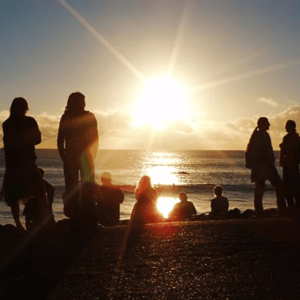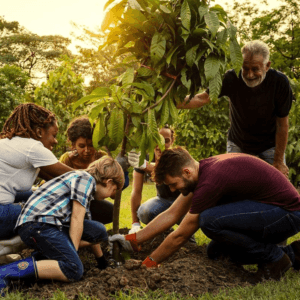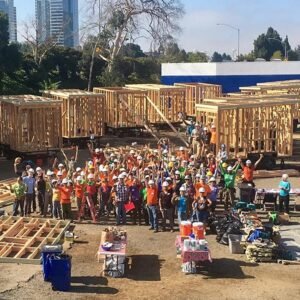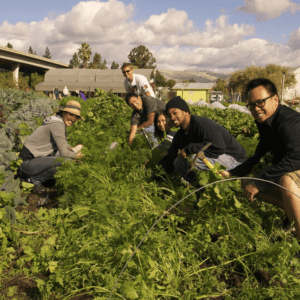Home Front Activism
establishing co-living villages for people & Planet


'Home Is Where the Heart Is'
It is often said, ‘Home is where the Heart is.’ Regardless of race, gender or creed, for the majority of people around the world, the notion of home is strongly connected to one particular place – the place where they were born, where they grew up, or a town and region where the majority of their family and friends reside. For many ‘Home’ is not a place but rather a feeling… a feeling of security, a place to let your guard down, relax and unwind – a place we feel we belong – where we are loved, honoured, supported and protected.
Home is more than a place to take shelter. It is a place where we have license to evolve our very ‘being’ – to cook, grow food, nurture children and recover our health after experiencing accident or illness. Home is a place to study, experiment and create art & music. Home is a place of celebrations – birthdays, engagements, anniversaries and graduations as well as cultural and religious holidays – a place to share food, laughter, merriment and culture.
Everyone knows what it’s like to be homesick – to miss familiar surroundings – familiar sounds and smells, the care and support of neighbours, to pass along streets and enter shops where we are more than just a customer, we are known and offered friendship. Recognized or not, a Home-base can orientate us and serve as a safe anchor in these fast-moving times.
Imagine not having a Home – not having a roof over our head, not having access to a kitchen – a fridge, a stove. Imagine not having a secure place to lay our head at night that is warm and dry – safe and peaceful. Imagine living on the streets – living in temporary accommodation – or living in dilapidated rental accommodation where we are just a tenant – a source of ‘income’ for a landlord who sees our home as no more than extracted profit… profit gained by providing as little as legally permitted for the highest demanded payment.
Many more people feel ‘homeless’ trapped in housing that isn’t secure, peaceful or pleasant; isn’t adequate – isn’t sanitary, watertight, heated, cooled or fitted with functioning appliances; isn’t safe, isn’t affordable, isn’t within reach of employment, schools or fresh food supermarkets.
Imagine every day, feeling without end – isolated, scared and all out of hope of ever escaping the desert of despair – of being pushed from pillar to post, being shunned, rounded up by the police and moved on to yet another squat on the sidewalk.
The Universal Declaration of Human Rights states that ‘Everyone has the right to a standard of living, adequate to sustain their health and well-being. This of course includes the right to adequate food, clothing, housing and medical care as well as access to social support services.
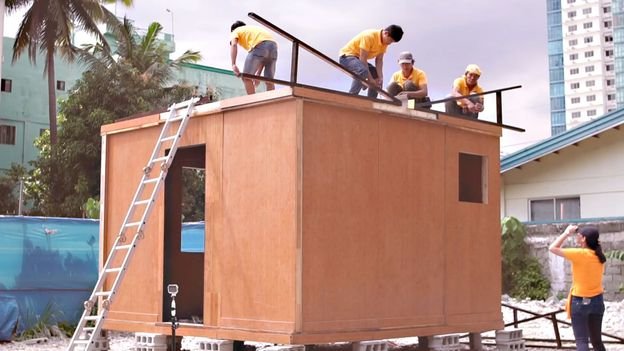
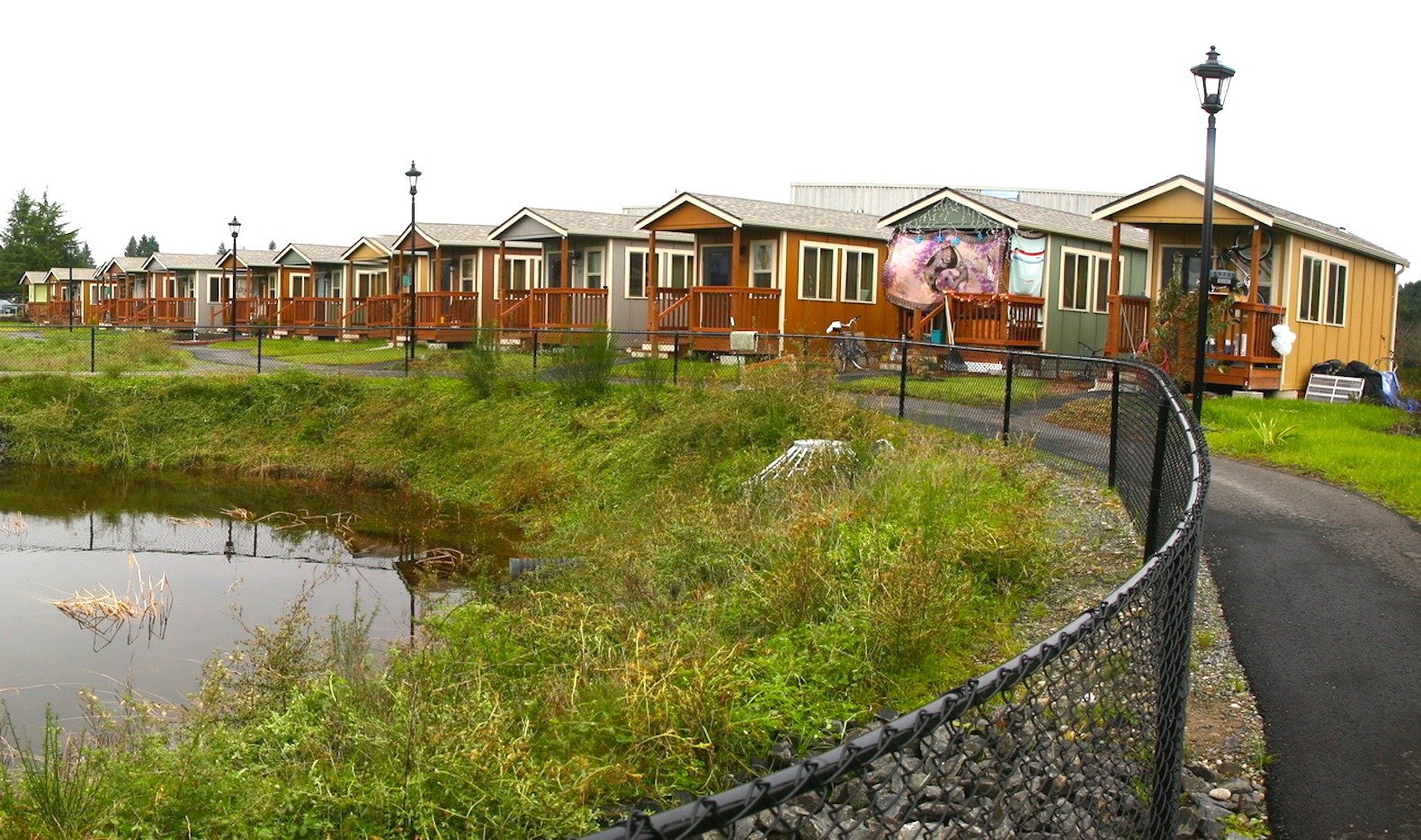
'A Place to Call HOME
For communitarians, home is also a place from which to launch and deliver social justice activism. It is almost universally true that an activist doesn’t need to go far from home to become involved in practical activism. On the home front, there is usually much ‘wrong to right’ in the area of housing need versus availability and access for those without a place to call home.
Lack of affordable and secure housing has become a universal issue requiring assertive and sustained action by activist groups able to commit time, skill and significant sustained focus to galvanize support from councils & social service organizations to allocate land and funding to create tiny house villages attached to sweat-equity ‘owner-builder workshop facilities.’
These types of collective targeted activist activities, go a long way toward ensuring no man, woman or child is without ‘a place to call home.’
'Love-In-Action
What’s love got to do with it? According to psychiatrist research – everything. It has been known for more than two centuries that without sufficient affection, attention and communication, the human organism succumbs to mental and thereafter physical atrophy. Fact though this may be, this ‘given’ remains transgressed, snubbed and even utterly disregarded by the many and various local and state planning departments across current urban and rural regions.
And so now, here we are, forced to settle within seas of stacked, cramped, expensive 1 & 2-bedroom apartments where we have no chance of knowing our neighbours – becoming close or giving and receiving support. Essentially, we have landed in ‘no man’s land’ – a loveless desert. Or otherwise, we find ourselves trapped in housing designed for the idealised, yet nonetheless proven unsustainable ‘nuclear family’ that has an ever-decreasing lifespan of between 5 and 7 years before these debt-pressured ‘micro-kingdoms’ fall apart.
Hence the question to be answered and addressed is: have we forgotten our roots; forgotten instinct – forgotten the naturalness of sharing, caring – giving and receiving support as well as the necessity of stimulation offered by larger collaborative, yet diverse and inclusive functional unions that have the capacity to sustain the custodianship of land and resources, such as organic community farms and forests, as well as, co-housing coupled to communal facilities?
Are we made as ridiculous are tigers who take up residence amongst herds of sheep – bleating, eating grass and following the herd, when we take up residence within areas where we have no common language, interests or shared ethics or principles and practices with anyone there; and therefore, no chance of integration or full-acceptance? Or are we sheep who have been taught by television and actors to paint ourselves into tigers, trying to roar and hunt alongside a completely different species; all the while hoping and praying these wild creatures do not notice our inadequacies – our lack of speed, agility, or ability to claw raw flesh from the bodies of the kill?
No one chooses to be homeless; yet across the world, millions suffer the pain and indignity of homelessness; and even more commonly, men, women and children are forced to live in crowded inadequate housing that deprives people of personal space, privacy, sanitation and safety.
The experience of homelessness impacts more than the right to housing. Economic and social exclusion also impinge on rights to employment, education, security, social security, freedom from discrimination, and even the right to vote.
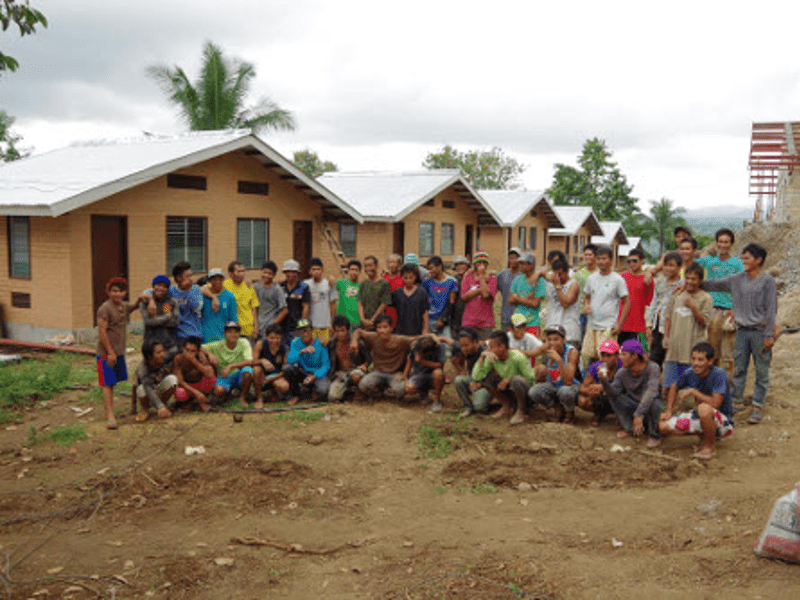
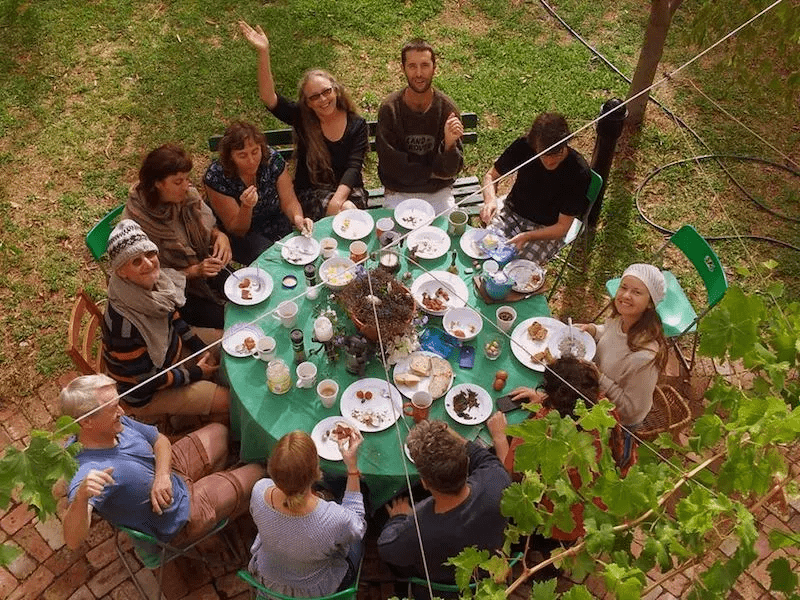
'Creating Sharing Communal Unions
Communitarians recognise that the place we call home by necessity must be situated within loving, bonded communities that share, gift and contribute freely to the support and advancement of all others under the umbrella of ‘Love-in-Action’ that sustains peaceful co-existence through enacting the principles and practices of ‘common wealth’ provisioning.
Communal unions allow us to nurture and foster affection through supporting each other by sharing experiences, time, talents and resources. Having this open bond with others is essential to building resilient and fulfilling relationships capable of standing the test of time and the pressures and demands of modern life. Sharing communities also provide a deep sense of belonging. Knowing we are part of projects that have a purpose and plan larger than anything we could devise, establish, or realise under our own steam, is exciting. Participating in communal unions both challenges and inspires us to evolve and expand our experiences, knowledge and skill-base; and ultimately our contribution to making it a better world.
Communal Unions are also rich in resources. An individual’s strengths may be another’s weaknesses, and vice versa. Freely giving and receiving, underpins the very design of human nature and character. The principles and practices of sharing all with all establishes commitment and togetherness setting in stone the tenet that meeting people’s needs, must come before legitimising extraction of profit.
Imagine the progress that could be made in providing secure eco-sustainable cohousing if the aim wasn’t profit?
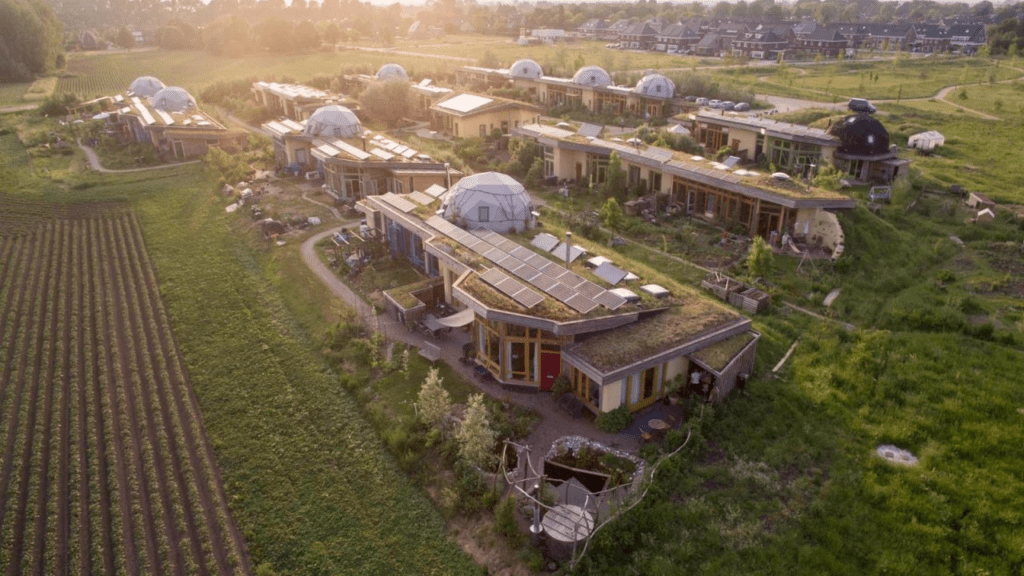
'Presenting a United Front to Effect Positive Change
Creating loving and sharing communal unions is an essential component of communitarian social justice activism. Being part of an activist community enables communitarians to offer support to others, and in return, extend their capacity to understand, show compassion and ‘bear the load’ of supporting others in difficult circumstances.
Community participation also endows empowerment. When people feel empowered, they gain a sense of control which enables them to be pro-active in contributing to projects that yield positive change. For communitarian activists, social justice activism centres around making a difference as a group to those who are marginalised and kept from accessing housing that meets their needs for not only shelter but place and purpose within wider circles of friendship and association that provide opportunities for participation in worker-owned and operated eco-enterprise.
Through gatherings, workshops and on-line forums, communitarians share the principles and practices that provide proven long-term sustainable solutions to the age-old problem of adequately housing people. The workshops and forums provide the opportunity for expressions of diverse experiences that have the proven capacity to stimulate innovation and growth. Ideas breed new ideas.




